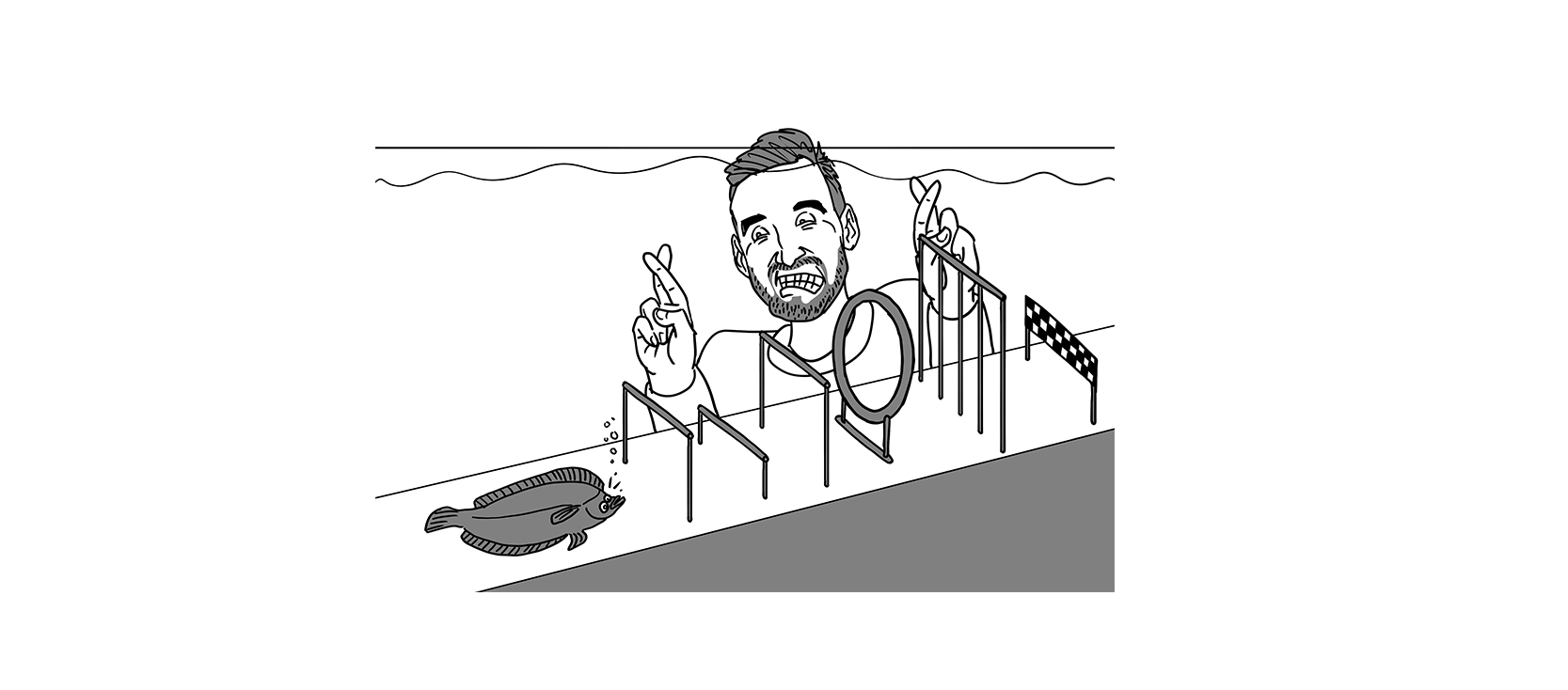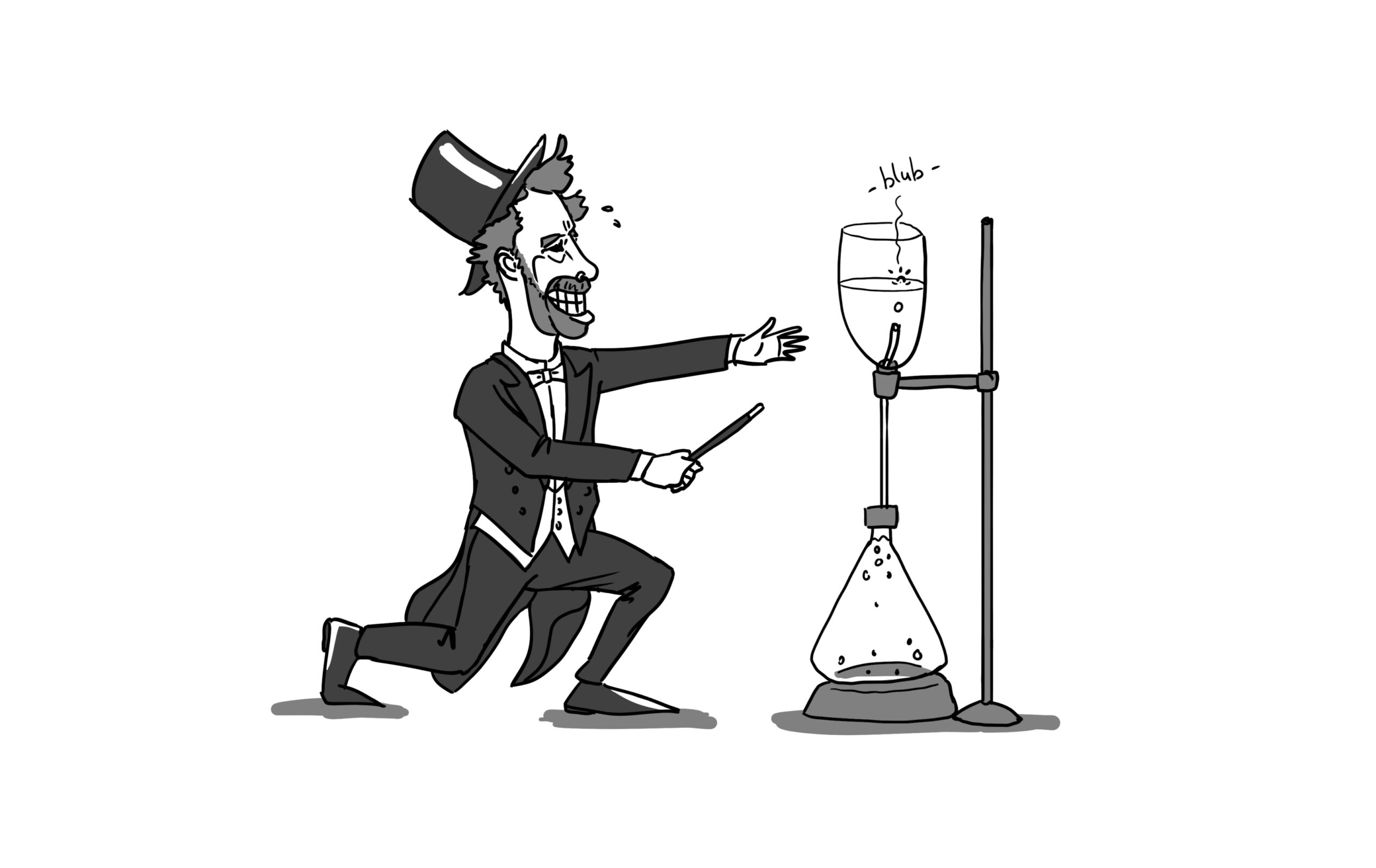A failed experiment, a rejected article: in academia such things tend to be labelled failures. As for talking about it? Not done! But that is just what WUR co-workers do. Because failure has its uses. This time we hear from Arthur Mol, rector magnificus and professor of Environmental Policy.
‘As professor of Environmental Policy, I once supervised a Master’s student from Indonesia. Her analyses had produced an extraordinary result, so we wrote an article about it together. The article was good and a contribution to further theorizing, but it was rejected by the journal on the basis of the reviewers’ comments. Shame, I thought, poor reviewing, but it can happen, on to the next journal.
But the student wasn’t leaving it at that, as the reviewers had no strong arguments for their criticism. She persuaded me to submit a joint rebuttal, but the editor stood by the decision: rejection. My student was still not convinced.
Have the guts to challenge content-related decisions by renowned scientists
I was starting to enjoy her stubbornness, and we submitted an objection to the editorial board, an unprecedented step. In the end, the editorial board sent our manuscript to two more reviewers and it was accepted after some light editing.
I learnt a lot from that. First, that you should not be too ready to accept unjustified criticism. Secondly, that you can learn a lot from young and less experienced scientists. I myself had never challenged such a rejection. I now considered it a “failure” on my part that I had been too quick to take the easier option of submitting to another journal. That sends the wrong signal to a budding scientist. It’s part of our job to teach young scientists to be confident and stick to their guns: have the guts to challenge content-related decisions by renowned scientists.
After this incident I have questioned reviewers’ reports on other occasions when there was a sound basis for doing so. Content should come first, and not someone’s status. And this relates to my role as rector too: I try to be aware of my position. What I say can carry a certain weight for someone else, regardless of the strength of the arguments. And that is generally undesirable.’

 Illustration Stijn Schreven
Illustration Stijn Schreven 

